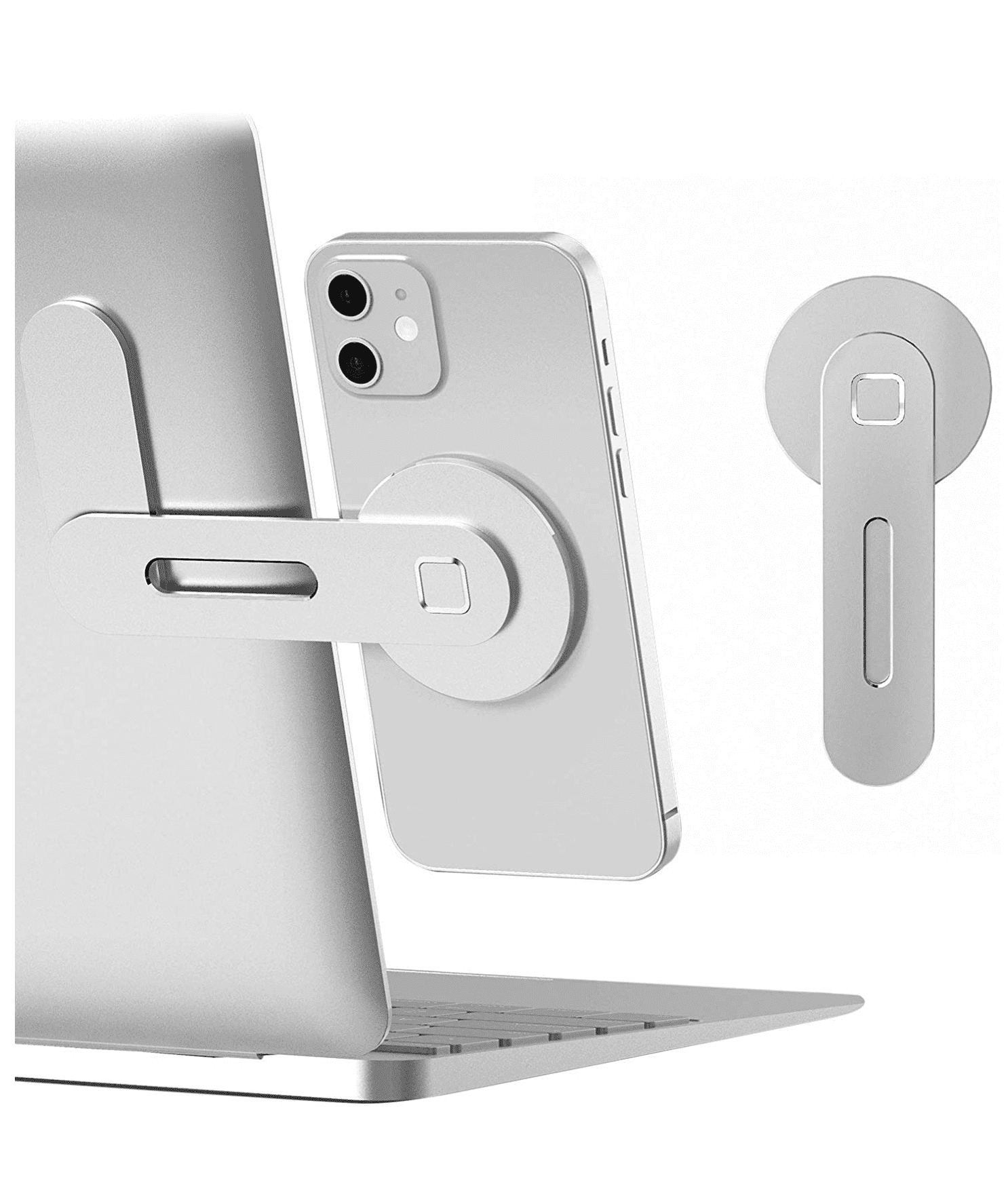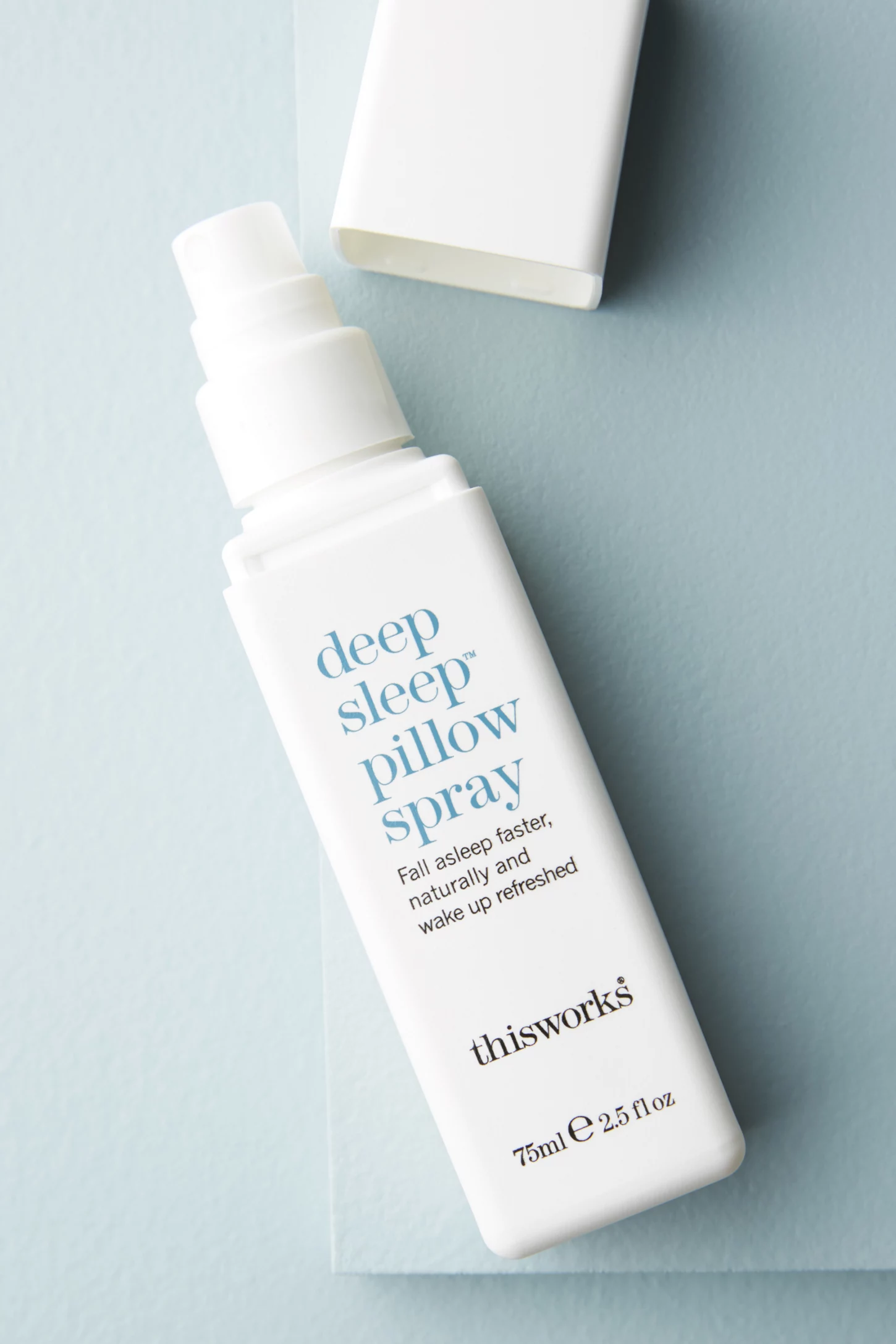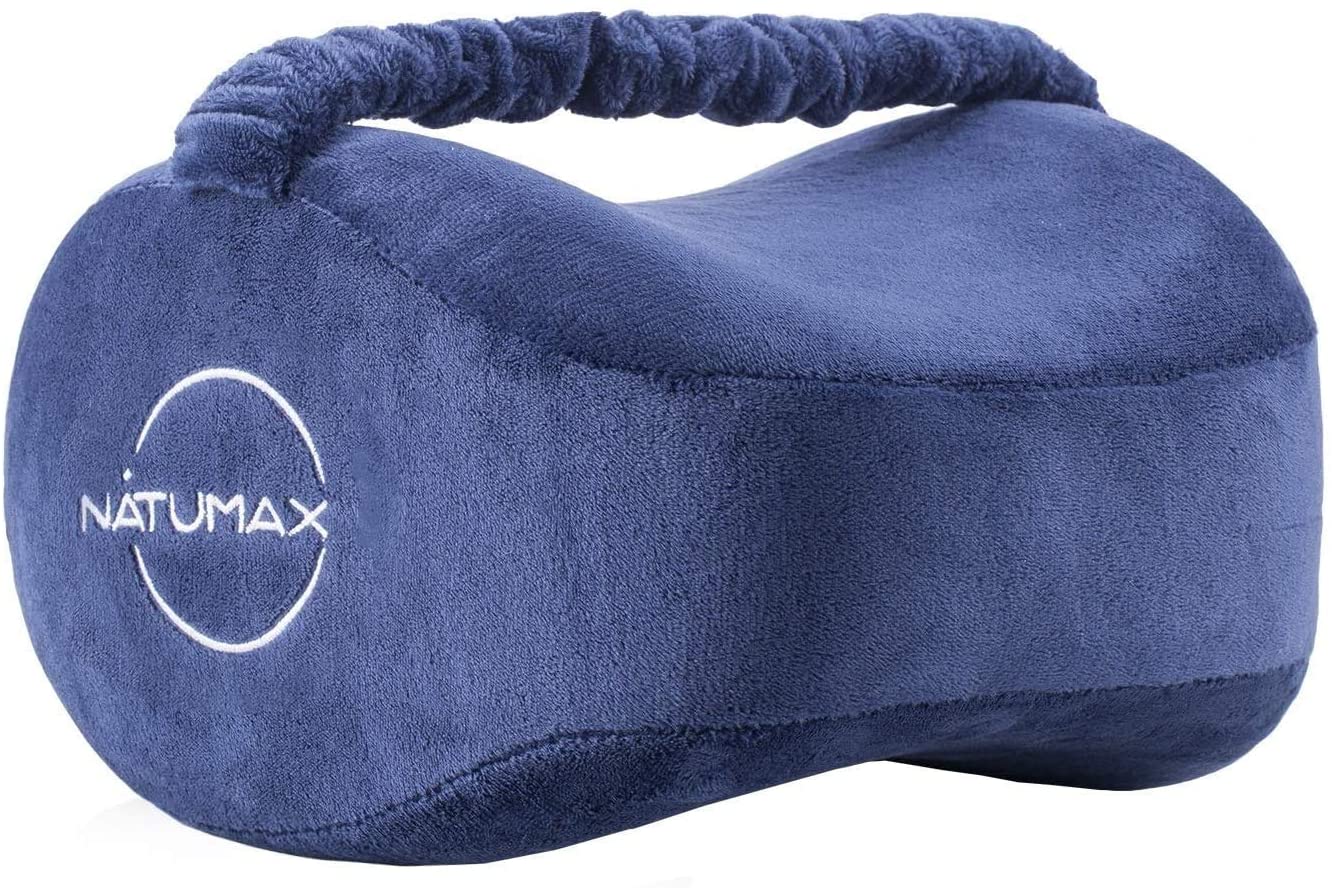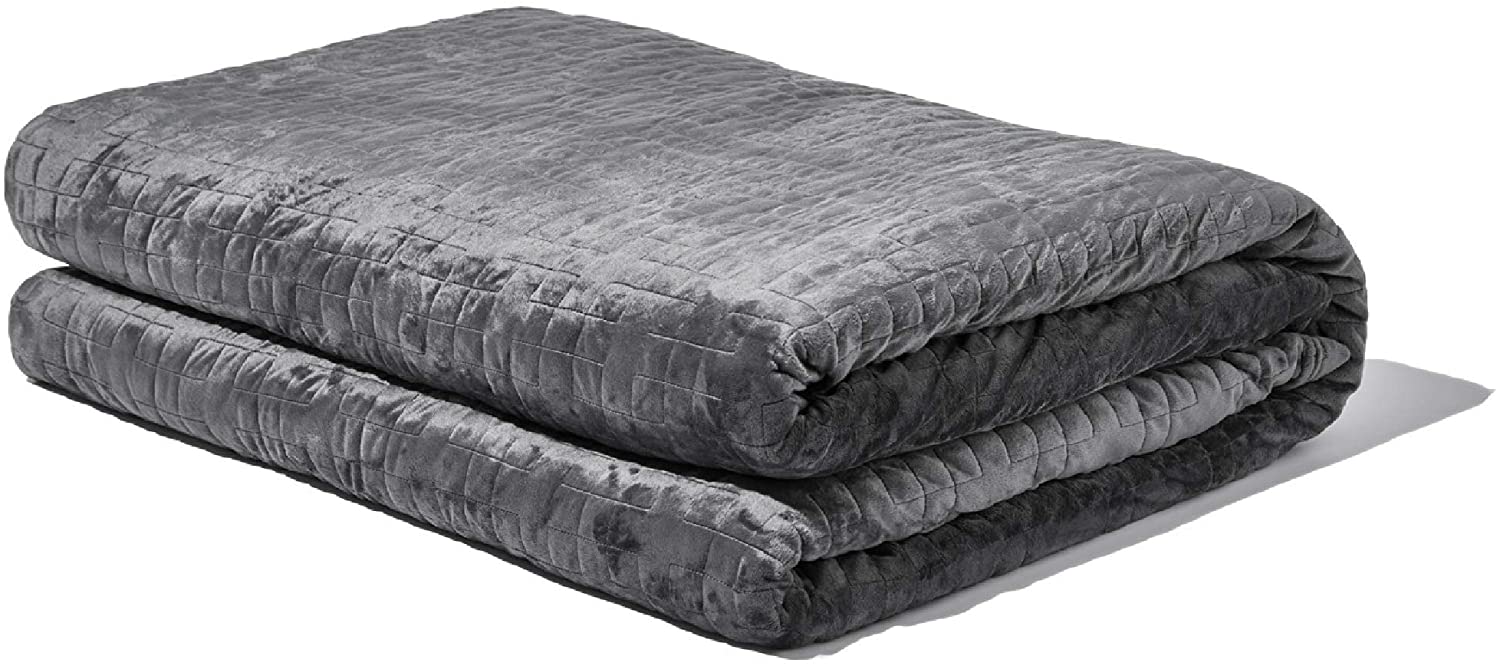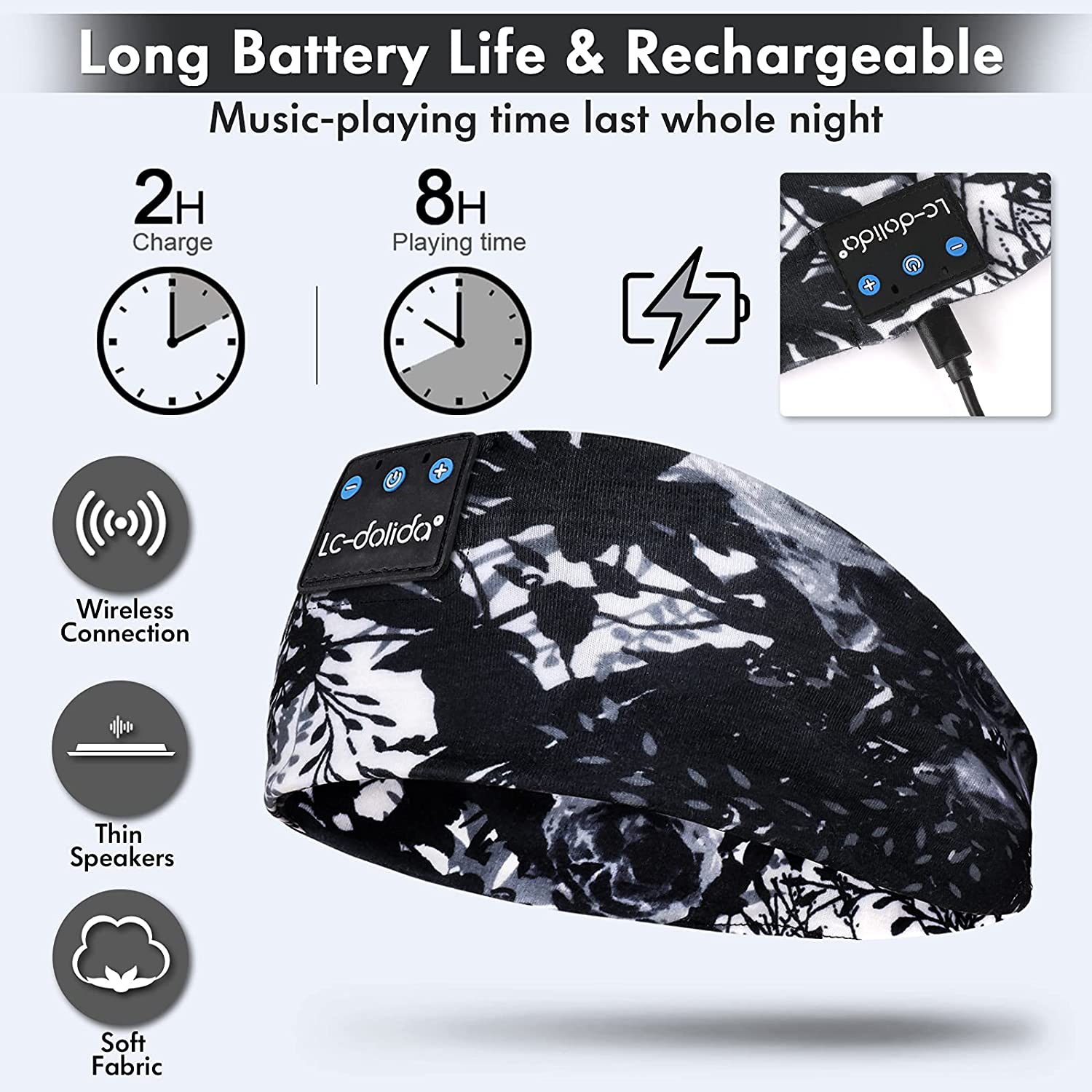
It’s estimated that 1 in 3 people have insomnia. Insomnia is when you are not sleeping as you should and this could mean you’re unable to fall asleep or you’re unable to stay asleep. When you don’t get enough sleep, you’re not able to function at your best. Your reflexes are slow, you can’t remember things or concentrate, you may become irritable, and you just generally feel tired and unwell. Sleep is an underrated, essential component of overall health.
Underlying issues that can affect sleep
You can have short-term bouts of insomnia which is considered acute or chronic insomnia which lasts for longer periods of time. While insomnia can happen on its own, typically it is caused by something – be it stress, changes in your schedule or routine, mental health issues, and medical conditions. It cannot be stressed enough – if you’re dealing with insomnia, speak to a medical provider and be honest about what is happening in your life that may be contributing to it. They might be able to prescribe medication for anxiety or to help you sleep, refer you to therapy, or test you for medical conditions that could be the underlying cause. You can do things to change your physical environment to help facilitate a better night’s sleep, but you may need to dig deeper to help you resolve this issue.
Benefits of getting enough sleep
Getting enough sleep each night is important for your overall physical and mental health. Adequate sleep can help boost your energy levels, improve your mood, enhance your concentration, and help your body to fight off illnesses. It can also help to reduce stress and anxiety, improve memory, and help you to maintain a healthy weight. In addition, getting enough sleep can help to reduce the risk of chronic health conditions such as heart disease, diabetes, and obesity.
10 basic sleep hygiene practices to help you sleep
Good sleep hygiene practices are important to ensure you get the restful sleep your body needs. Here are some tips that may help:
- One of the best ways to improve your sleep is to establish a regular bedtime routine. Try to go to bed and wake up at the same time each day. This will help your body get into a rhythm and make it easier to fall asleep
- Drink a cup of camomile tea to help relax you.
- Avoid looking at electronic screens such as cell phones, computers, and televisions for at least an hour before bed. The light from these screens can interfere with your body’s natural sleep cycle.
- Avoid caffeine and other stimulants, such as nicotine and alcohol, for several hours before bedtime.
- Exercise throughout the day but avoid strenuous exercise close to bedtime.
- Avoid napping during the day, as it can interfere with your nighttime sleep.
- Don’t eat a large meal close to bedtime.
- Relax and unwind before bed to help your body transition into sleep mode. This could include taking a warm bath or shower, reading a book, or doing some light stretching or yoga.
- Make sure your bedroom is comfortable and cool, and block out all light and noise.
- Lastly, make sure that your bed is comfortable.
This list is intended to support your sleep goals, but is not a substitute for medical advice from your healthcare provider. Being subject to excessive stress can wreak havoc on your sleep and for many is a significant contributor to insomnia – especially Black women, who disproportionately suffer from sleep disturbances. If you’re dealing with chronic stress and it’s affecting your sleep, you may also want to consider cognitive behavioral therapy (CBT) to assist you in developing coping skills.
The information, including but not limited to, text, graphics, images and other material contained on this website are for informational purposes only. No material on this site is intended to be a substitute for professional medical advice, diagnosis or treatment. Always seek the advice of your physician or other qualified healthcare provider with any questions you may have regarding a medical condition or treatment and before undertaking a new health care regimen, and never disregard professional medical advice or delay in seeking it because of something you have read on this website.




